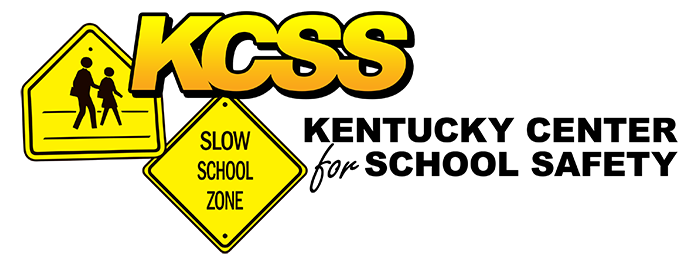As of late 2022, DJJ operates eight youth detention centers across the Commonwealth. Three of these youth detention centers house male juveniles aged 14 or older who have been charged with a violent or serious offense (Capital, Class A, B or C felony). Four youth detention centers house male juveniles younger than 14 or who have been charged with a lower-level offense (Class D felony or lesser offense). The remaining youth detention center is a female-only detention center. DJJ also operates a transportation unit to alleviate burdens placed on local law enforcement transporting youth to and from youth detention centers or to court hearings.
Apart from youth detention centers, DJJ also operates six youth development centers, nine group homes and five-day treatment programs. These centers and programs allow DJJ to create a nationally recognized continuum of care for rehabilitating delinquent youth. While many state’s out-of-home placement options are limited to small numbers of large institutions, Kentucky is able to serve youth in a variety of small programs designed to meet specific treatment needs.
